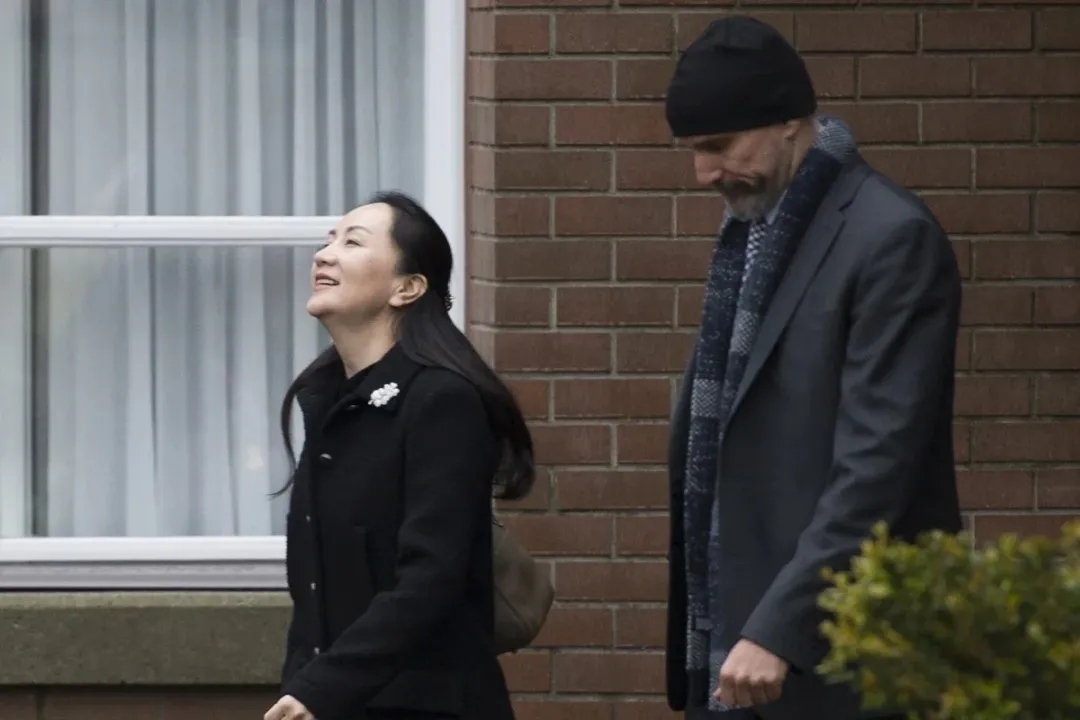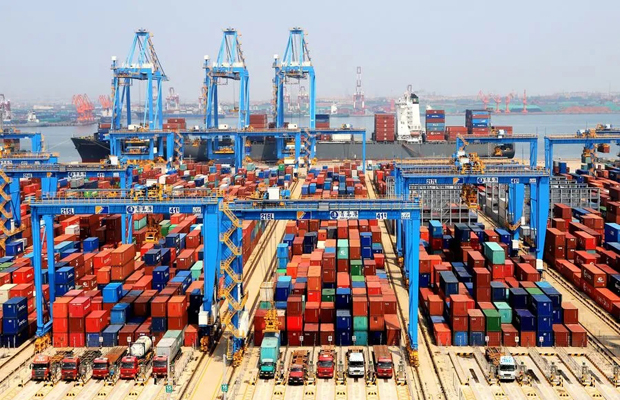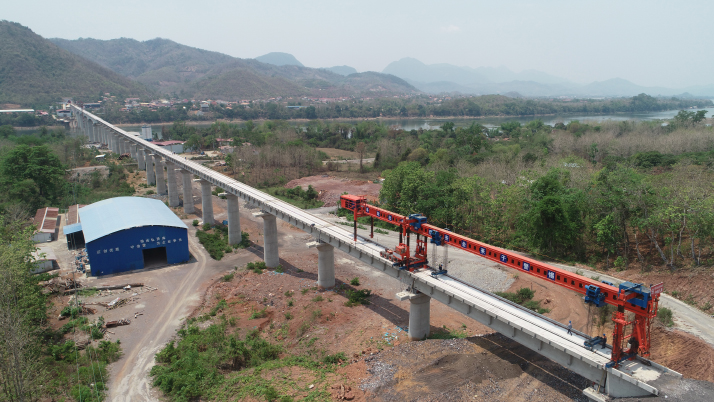Global governance, international organizations, regional cooperation and the Belt and Road Initiative (BRI) are key subjects of CCG's globalization research. As China's first think tank named and dedicated to globalization, CCG founded the China and Globalization Forum and contributes to international discussions related to globalization. It has organized seminars under themes such as WTO reform, multilateral governance, and the BRI. CCG was the first body to hold a BRI-themed event at the Munich Security Conference, a world-leading conference in the field of international security and governance.
Based on years of research in the field of globalization, CCG has published numerous research reports and books, including Win-Win International Cooperation and Path to Achievement of the Belt and Road, Globalization and Anti-Globalization and What’s Next for Globalization? Great Changes and China’s Proposed Approaches. The Handbook on China and Globalization published by Edward Elgar Publishing is one of the few books published in English by a Chinese think tank with an authoritative international academic publisher. Two of the CCG's initiatives were selected for inclusion in the first Paris Peace Forum, pioneering a new model for Chinese think tanks to fully participate in global governance and international cooperation. In addition, CCG has long-term cooperation with the WTO, UN, OECD, World Bank, IMF and many other international organizations, international think tanks and related institutions.
-

Wang Huiyao: Canada should drop Meng Wanzhou case, shaking free of US coattails
In October 1970, Canadian prime minister Pierre Trudeau took a momentous step to establish relations with the People’s Republic of China. It was a bold move – Nixon’s famous visit to China was still two years off, and only a handful of Western countries had embassies in Beijing at the time.
August 05 , 2020 -

Wang Huiyao: China’s opening-up to drive a more inclusive globalization
The COVID-19 is still running rampant across the world. Experts warn there may be more waves before a vaccine is available.
July 31 , 2020 -

Harvey Dzodin: NGOs play crucial role in China-US cooperation
With the number of COVID-19 cases continuing to accelerate across the globe, you may think there is no choice but to throw in the proverbial towel. However, there is a glimmer of hope that NGOs on both sides of the bilateral divide could unite in combating and containing the novel coronavirus. Why are NGOs important? While governments tend to operate on a macro level, NGOs usually operate on a micro level. They tend to move quickly to analyze a situation and take action at the earliest possible moment. They can also operate in matters where governments may have to exercise caution or be constrained from engaging.
July 29 , 2020 -

Wang Huiyao: China’s continued opening up an effort to boost globalization, global economic healing
With the world economy falling into recession once again under the economic impact of COVID-19, China, as the world's second largest economy, has continued to promote a higher level of opening up, becoming the main source of the recovery of the world economy once again. While the U.S. and a few other countries are engaged in unilateralism and protectionism, China has committed to expanding its opening up, stabilizing the industrial and supply chains, and promoting reform and development.
July 26 , 2020 -

China’s experience shows coronavirus second wave need not be a disaster
China and India share many things in common. Both are ancient civilizations, draw water from the same Qinghai-Tibet Plateau, are committed to lifting their people out of poverty, and both have been scarred by colonization or semi-colonization. And for both, growth and development are common challenges.
July 02 , 2020


